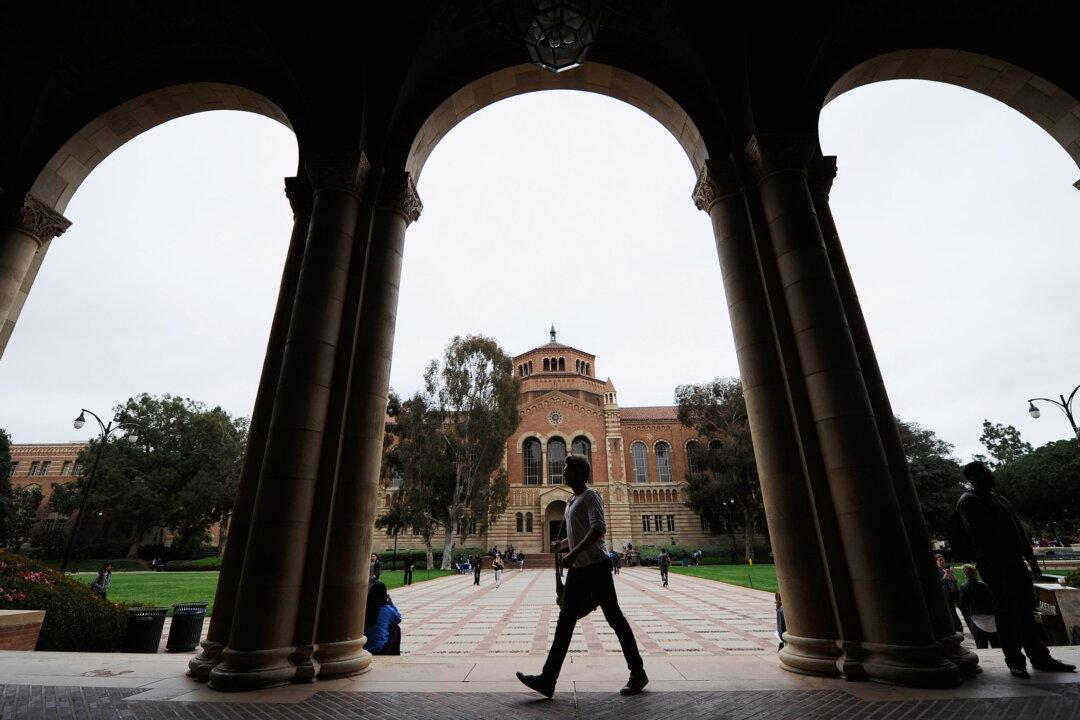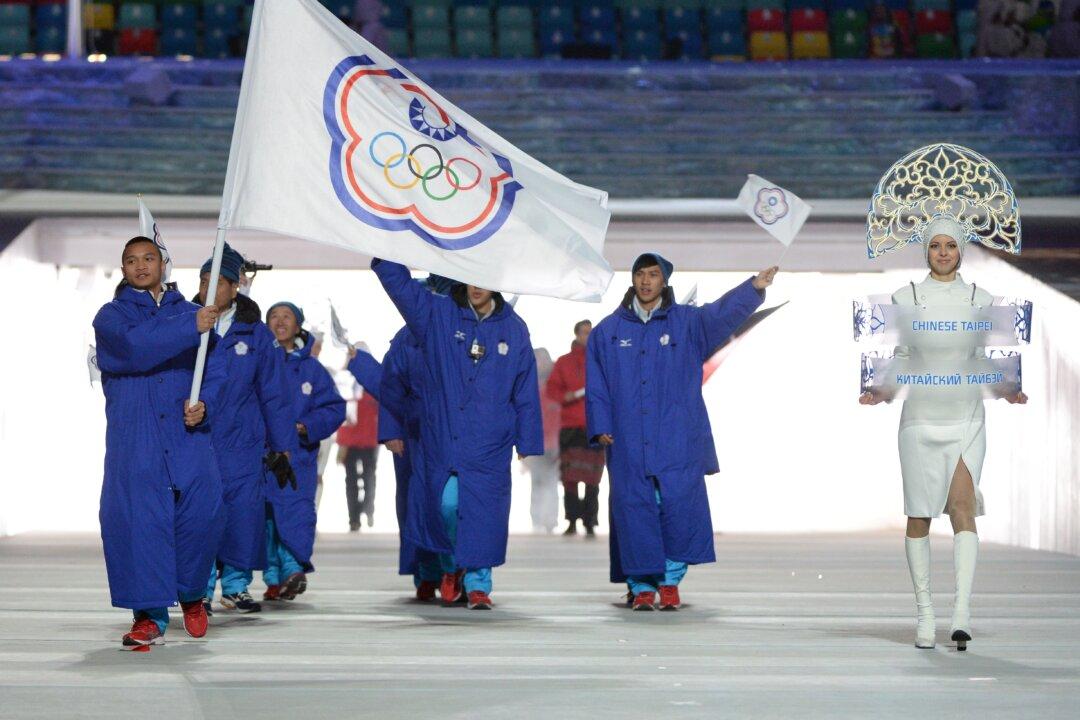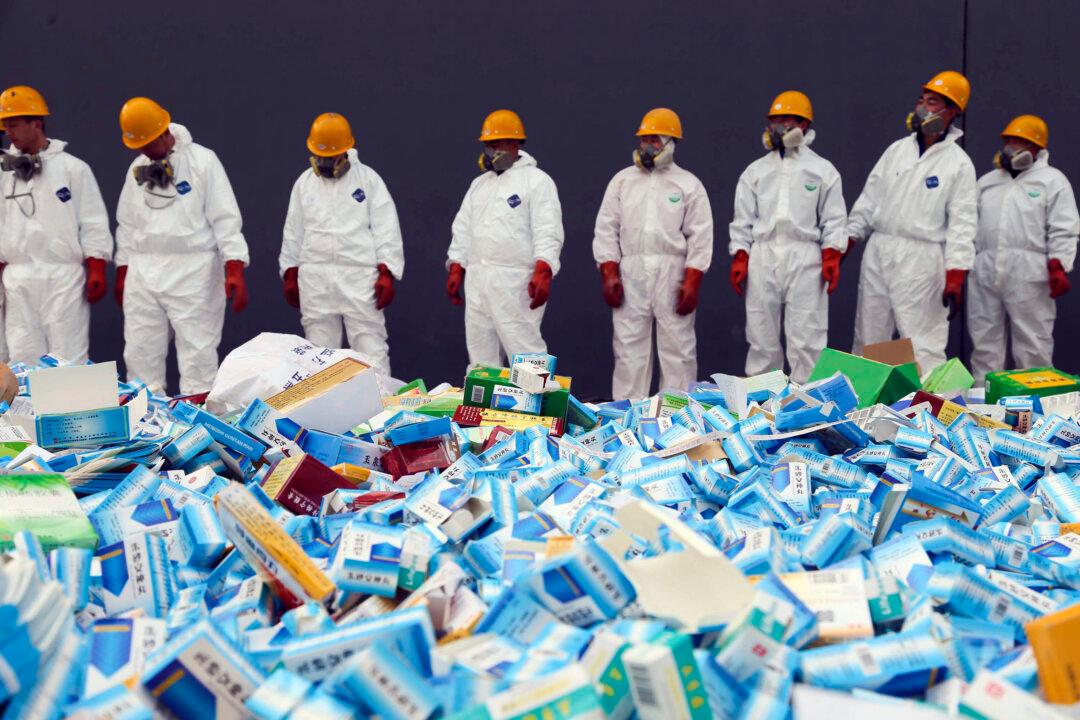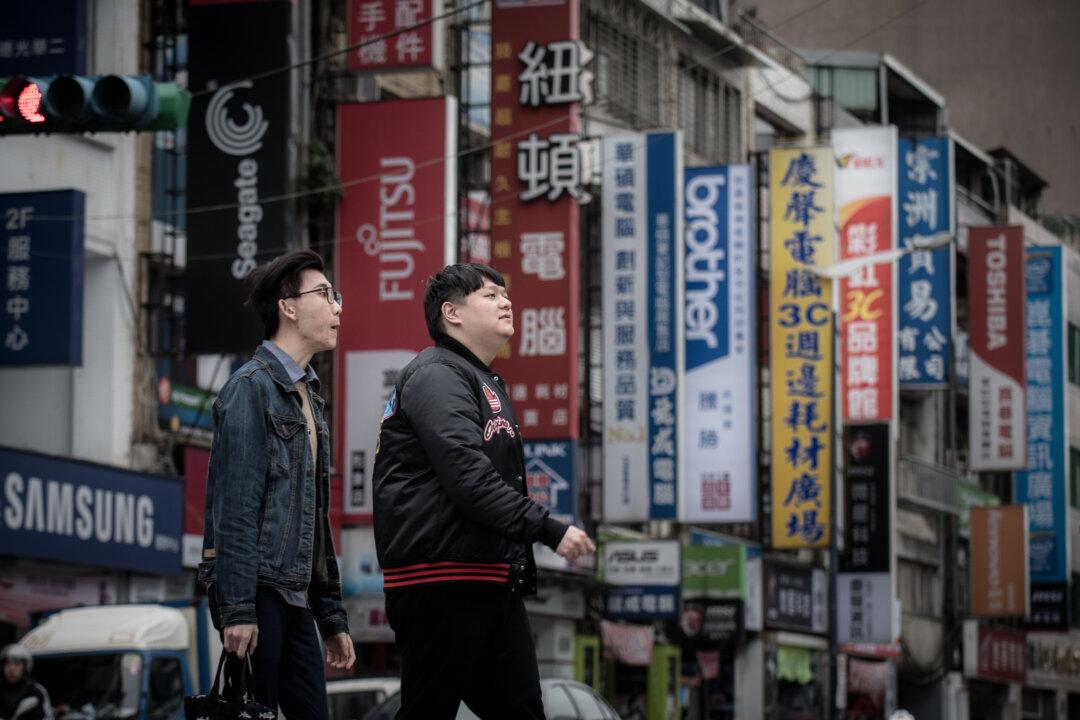WASHINGTON—As part of the Trump administration’s efforts to curb Beijing’s ability to steal U.S. technology, the visas of Chinese students who come to the United States to study in certain fields will be shortened to one year.
Edward J. Ramotowski, the deputy assistant secretary for visa services in the Department of State’s Bureau of Consular Affairs, defended the new guidelines in testimony before the Senate judiciary committee’s Subcommittee on Immigration and Border Security on June 6.




